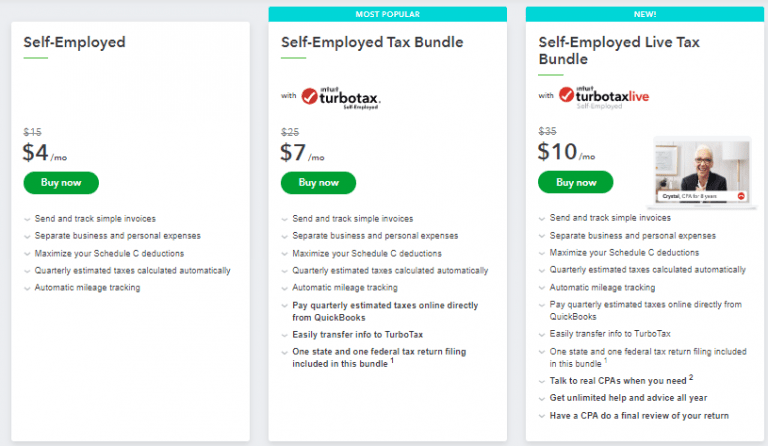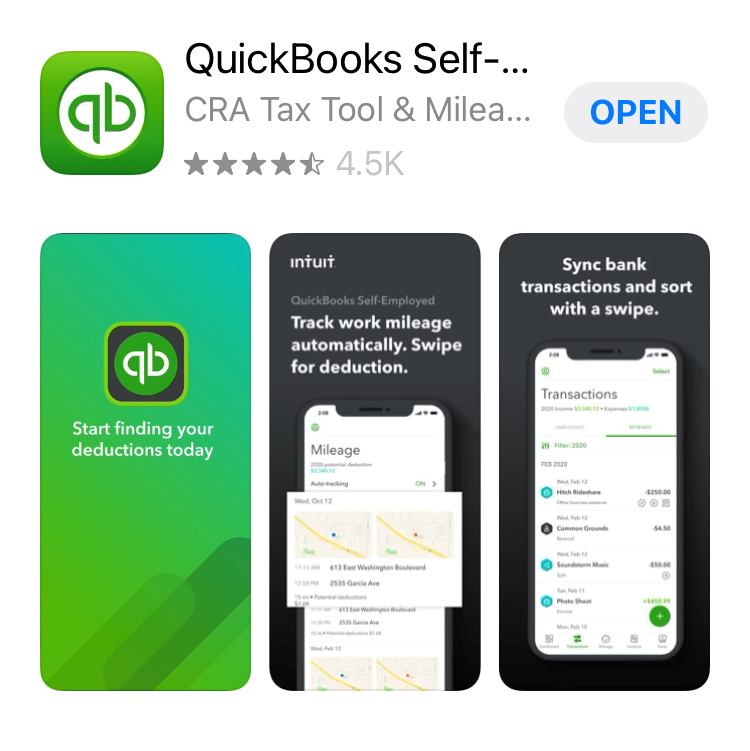

For tax purposes, the IRS considers self-employment to be any work that is done “in exchange for money or other property.” This includes freelance work, consulting, and investments. Self-EmploymentĪ self-employed individual is anyone who works for themselves. So, what’s the difference between self-employment and an LLC? Let’s take a closer look at each business structure to see how they compare. LLCs are popular business entities because they provide limited liability protection without the formalities and complexities of a corporation. For example, if an LLC member knowingly participates in fraudulent activities, that member can be held personally liable for any damages resulting from those activities. However, members may still be held personally liable for their own negligent or illegal actions. This means that if the LLC goes into debt or is sued, the members’ personal assets are safe from creditors and claimants. The members of an LLC are not personally liable for the debts and liabilities of the LLC unless they have personally guaranteed those debts or liabilities. LLCs can be managed by their members or by one or more managers appointed by the members. Unlike a corporation, an LLC is not legally required to have separate management and ownership structures. What Is an LLC?Ī limited liability company, or LLC, is a business entity that provides limited liability protection to its owners. Those who are successful in self-employment often relish greater levels of freedom and satisfaction than those who work for someone else. This is often referred to as the “self-employment tax,” which is levied at a rate of 15.30%ĭespite the challenges, self-employment can be a rewarding way to earn a living. Since they do not have an employer that pays half of their Social Security and Medicare taxes, self-employed individuals must pay the entire amount themselves. In addition, self-employed individuals do not enjoy certain benefits that salaried workers do, such as unemployment insurance and paid vacation days. Self-employed individuals must be diligent in managing their finances and ensuring that they have sufficient income to support themselves. However, self-employment also comes with a greater degree of risk and responsibility. Self-employed individuals are not subject to the same rules and regulations as traditional employees, which gives them greater flexibility in how they structure their work life. This is often the first step for those who decide to start a side hustle. Those who are self-employed usually generate income from various sources, including freelance work, consulting, and investments. Self-employment is the state of working for oneself rather than an employer.

#Quickbooks self employed for llc full#
To read our in-depth reviews of each service and who they’re best for, check out the full review here. M圜ompanyWorks – Best same-day processing.LegalNature – Best for LLC documents and contracts.


In this quick guide, we’ll break down the key differences between self-employed vs. Do you operate as a self-employed individual or set up an LLC? Whether you want to travel, control your income, work on your own terms, or get up in the morning without setting an alarm, there are plenty of reasons to work for yourself.īut for single-person business owners, there can be some confusion around which business structure is right for them. With technology making it possible to work from anywhere, more people are venturing out on their own to be their own boss. Starting a business is now more cost-effective and easier than ever before. Compare The Best Invoice Factoring Companies.
#Quickbooks self employed for llc software#
Compare The Best Billing and Invoicing Software.Compare The Best Business Card Printing Services.Compare the Best Business Formation Services.Compare The Best Cloud Storage Services.Compare The Best HR Outsourcing Services.Compare The Best Time and Attendance Systems.


 0 kommentar(er)
0 kommentar(er)
